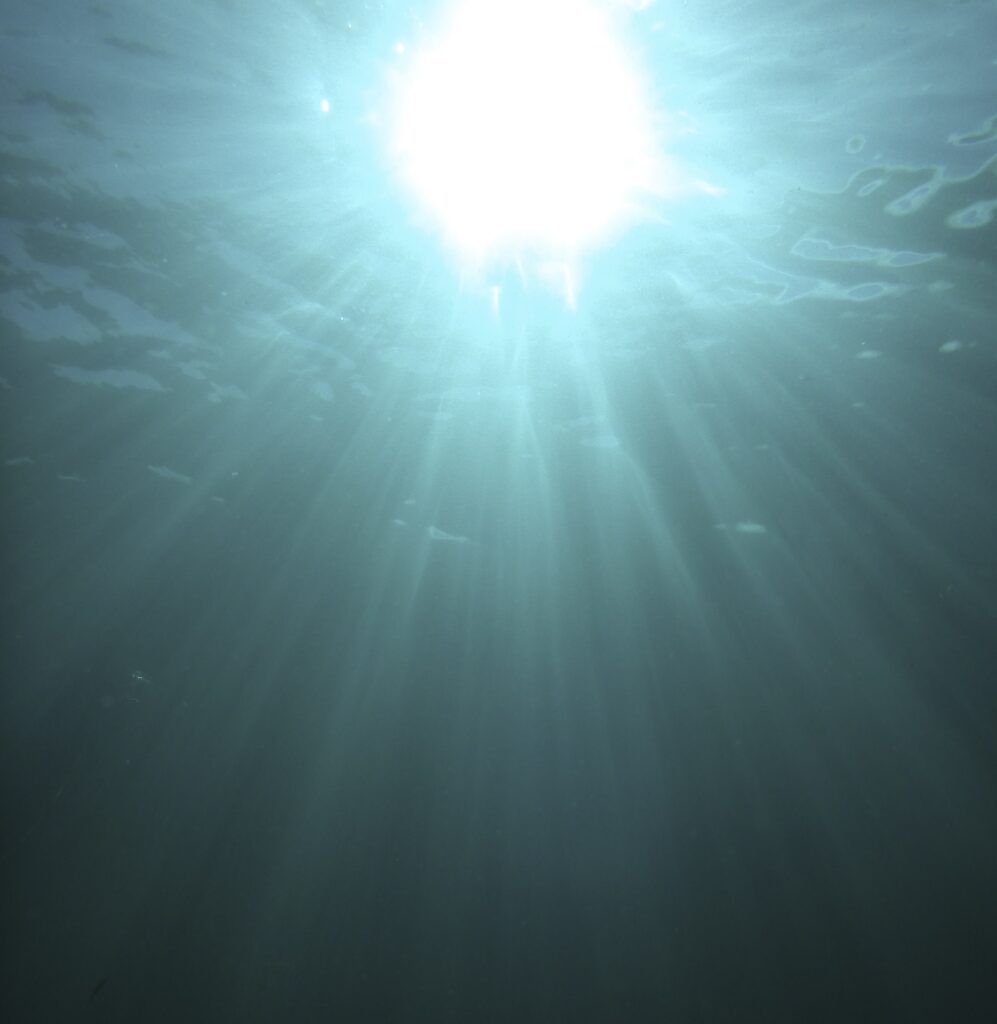
Scientists have explained that different methods of plankton analysis could give us a greater understanding of plankton regime shifts, and their impact on the marine ecosystem.
Plankton are a diverse collection of tiny organisms found in water. They are a vital food source for many organisms and their activity in the ocean helps regulate the absorption of carbon from the atmosphere to the ocean.
Plankton communities (groups) in the ocean are changing world-wide, altering the functions and services of the ecosystems they support. Abrupt and dramatic changes in plankton communities, where composition, abundance and function are significantly changed, are often referred to as regime shifts.
These so-called regime shifts in North Sea plankton communities provide an important historical case study to understand marine regime shifts as a whole.
In this publication, marine biologists aimed to assess how the historically recognized North Sea regime shifts are associated with changes in biological structures, behaviour and physiological characteristics (these groupings often called functional traits) of plankton communities across the whole North Sea.
Postdoctoral Research Assistant Dr Nicolas Djeghri led a research team from the Continuous Plankton Recorder (CPR) Survey, based at the Marine Biological Association and IFREMER, Laboratory of coastal Benthic Ecology.
Using historical abundance data from the CPR Survey from 1958 to 2018, the team assessed plankton composition in terms of functional traits associated with regime shifts which took place in the 1980s and 1996 to 2003.
One of the most intriguing results of this work was a relative lack of change in the functional traits of plankton during the 1980s regime shift, despite the clear detection of the event using a variety of other metrics.
The results also showed the functional traits of plankton across the whole North Sea changed more after the 1996-2003 regime shift, compared to the 1980s shift.
Previous works using different metrics indicated that the two regime shifts were events of similar importance, which differs from the results of this paper.
This research highlights the usefulness of functional traits approaches and the importance of using a variety of models to analyse data so we can better define what regime shifts are and how they work.
Dr Nicolas Djeghri said: “This research demonstrates how in marine biology, you can always revisit historical data, look at it from a different angle and through a different lens, to provide new understanding. To me, to apprehend things as complex as ecosystems, you really need this diversity of angles, viewpoints and methodologies.”
Based at the Marine Biological Association (MBA) in Plymouth, UK, the CPR Survey is the longest running and most geographically extensive marine plankton sampling program in the world. Since 1931 almost 300 ships have travelled more than 7.2 million miles towing sampling devices that capture plankton from the ocean.
The survey reached its milestone 90th Anniversary in 2021 and has helped shape scientific understanding about the health of our ocean, and how marine life is changing in response to pressures like climate change.
Read the full paper: https://onlinelibrary.wiley.com/doi/full/10.1111/geb.13659